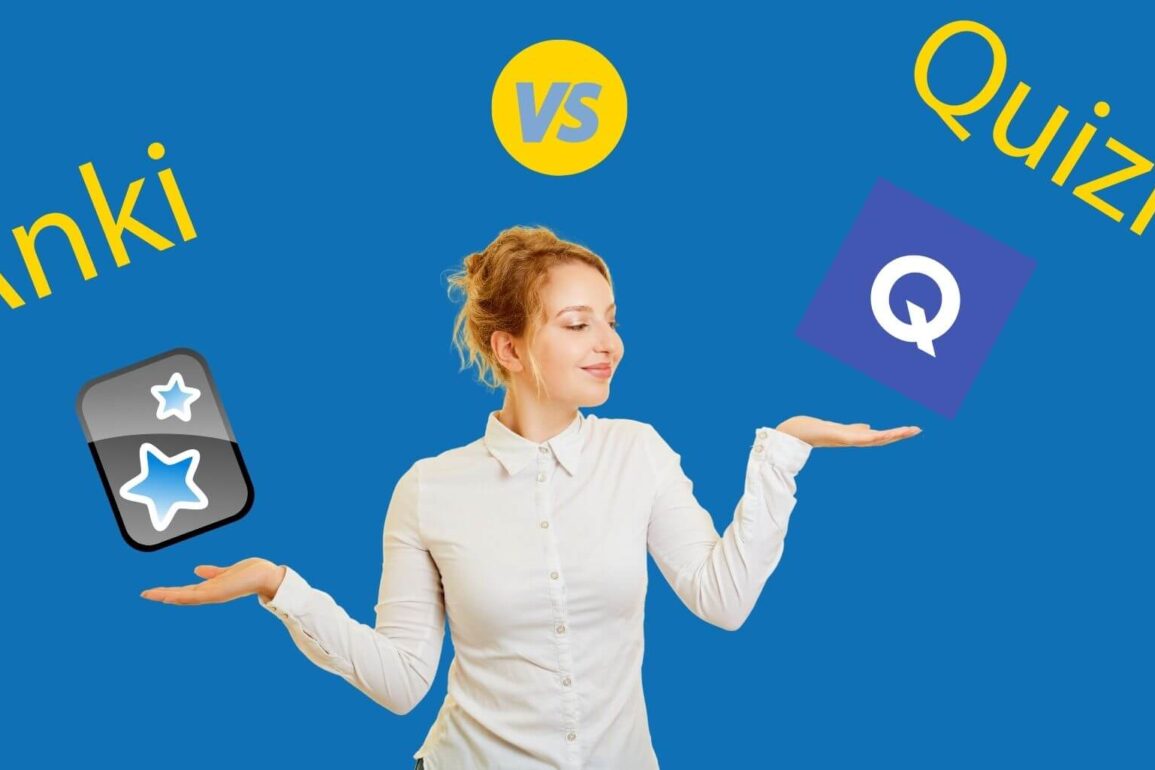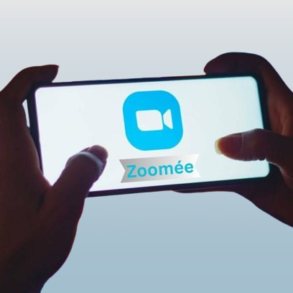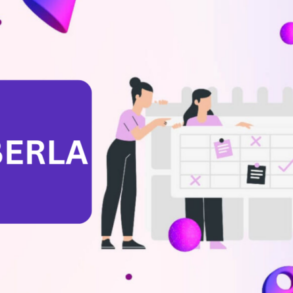When it comes to digital flashcard tools for learning, Anki and Quizlet are two popular choices among students and educators. Each platform offers unique features and approaches to help users study effectively.
Purpose and Features
Anki’s Purpose and Key Features
Anki, derived from the Japanese word for “memorization,” is designed to aid in long-term retention through spaced repetition. Its key features include customizable flashcards, algorithm-driven scheduling, and support for multimedia.
Quizlet’s Purpose and Key Features
Quizlet focuses on making learning fun and engaging through interactive study tools such as flashcards, quizzes, and games. Its key features include a vast library of user-generated content, collaborative study options, and integration with classroom activities.
Learning Methods
Anki Approach to Learning
Anki employs spaced repetition, a technique based on the spacing effect, which suggests that information is better retained when reviewed at increasing intervals over time. Users create flashcards and Anki’s algorithm determines the optimal time to review each card based on their performance.
Quizlet Approach to Learning
Quizlet offers various study modes, including flashcards, learn, write, spell, test, and match, catering to different learning preferences. Users can engage with content through repetition, recall, and application exercises.
User Interface and Accessibility
Both Anki and Quizlet provide user-friendly interfaces, allowing easy navigation and customization. Accessibility features such as font size adjustment, color contrast options, and keyboard shortcuts enhance usability for individuals with disabilities.
Study Modes and Options
Anki offers study modes like review, learning new cards, and filtered decks for targeted practice. Quizlet’s study modes include flashcards, learn mode, test mode, and games like Quizlet Live for collaborative learning experiences.
Customization and Flexibility
Anki provides extensive customization options, allowing users to personalize their study experience with custom decks, card templates, and media attachments. Quizlet also offers customization through deck creation, formatting options, and content organization.
Community and Sharing
Anki boasts a dedicated community of users who share decks and resources through platforms like AnkiWeb and Reddit. Quizlet similarly encourages collaboration and sharing among users through its online community and integration with social media platforms.
Pricing and Plans
Anki is free to use on desktop platforms, with optional paid features like cloud synchronization and mobile app access. Quizlet offers both free and paid plans, with premium features such as ad-free browsing, advanced study analytics, and offline access.
Mobile App Experience
Both Anki and Quizlet provide mobile apps for studying on the go. The apps offer seamless synchronization with the web platforms, allowing users to access their study materials across devices.
Integration with Other Tools
Anki supports integration with third-party add-ons and plugins, expanding its functionality for specific learning needs. Quizlet integrates with learning management systems (LMS) and educational platforms like Google Classroom for seamless classroom integration.
Performance and Speed
Anki’s desktop application may require initial setup and optimization for smooth performance, whereas Quizlet offers a more streamlined experience out of the box. Both platforms deliver reliable performance, but Anki’s algorithm may require more computational resources.
Support and Resources
Anki provides extensive documentation, user forums, and community-driven support for troubleshooting and assistance. Quizlet offers similar support channels, along with educational resources like study guides and tutorials.
Security and Privacy
Both Anki and Quizlet prioritize user data security and privacy, employing encryption protocols and data protection measures. Users have control over their data and can adjust privacy settings to manage sharing preferences.
User Feedback and Reviews
Feedback from users indicates high satisfaction with both Anki and Quizlet, praising their effectiveness in aiding learning and retention. Reviews highlight specific features, usability, and support as strengths of each platform.
Conclusion
In conclusion, Anki and Quizlet are powerful tools for enhancing learning and retention through digital flashcards and interactive study resources. While Anki excels in spaced repetition and customization, Quizlet offers a diverse range of study modes and collaborative features. Ultimately, the choice between Anki and Quizlet depends on individual preferences and learning goals.
FAQs
- Which platform is better for language learning, Anki or Quizlet? Both Anki and Quizlet are effective for language learning, but Anki’s spaced repetition algorithm may offer an advantage in long-term retention.
- Can I use Anki or Quizlet offline? Anki offers offline access through its mobile app and optional sync feature, while Quizlet requires internet connectivity to access study materials.
- Are there any limitations on the number of flashcards I can create? Anki allows unlimited flashcard creation, while Quizlet may have restrictions on the number of decks for free users.
- Do Anki and Quizlet offer support for images and multimedia? Yes, both platforms support multimedia attachments such as images, audio, and video to enhance flashcards.
- Is there a community where I can find shared decks and study materials? Both Anki and Quizlet have active communities where users share decks, study guides, and resources for various subjects and topics.








